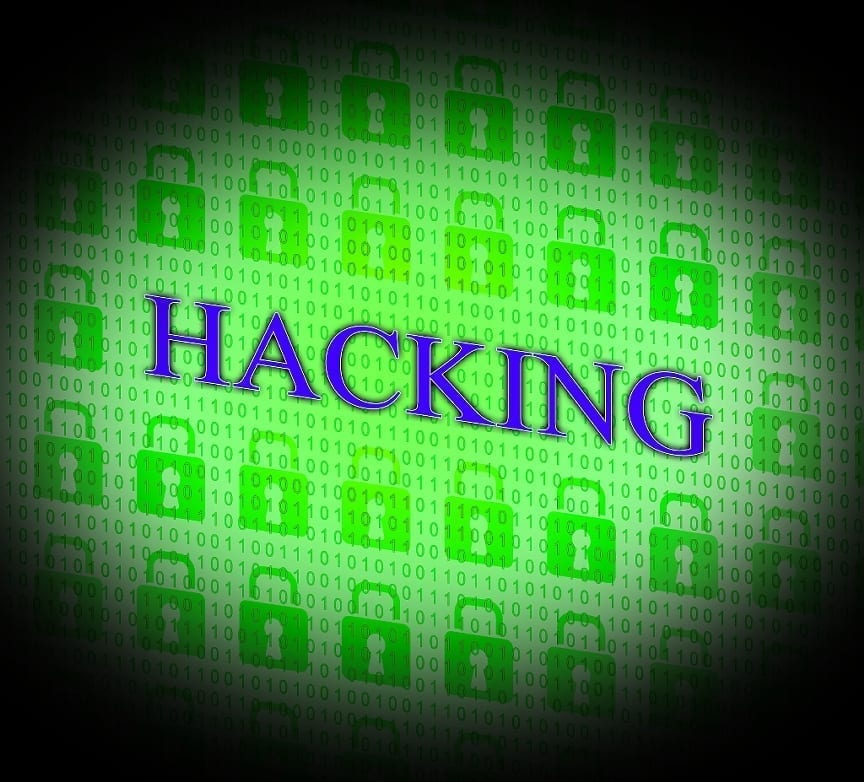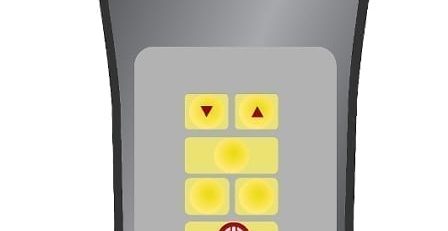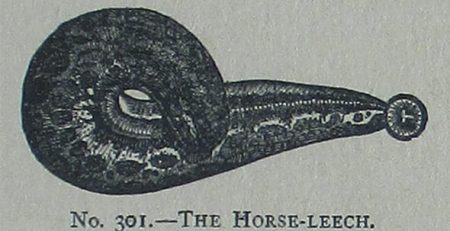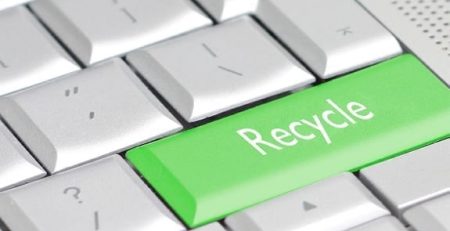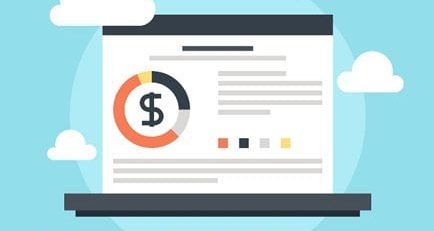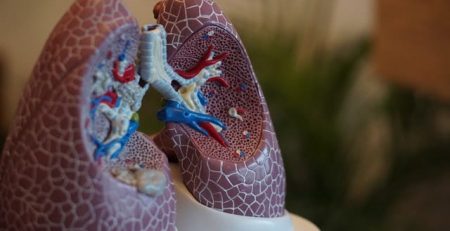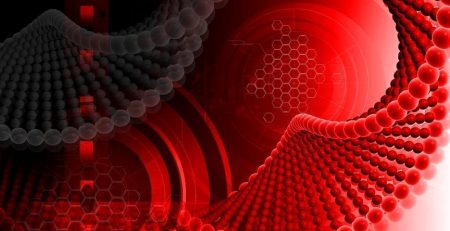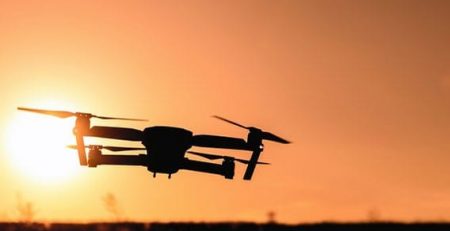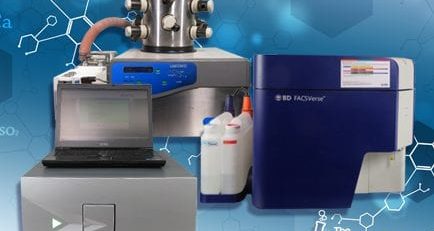Biohacker Hotline, Does it Really Exist?
They range from routine to absurd: How do I put together a biolab spill kit? Is it okay to work with amphibian cells? Oh, and should I worry about the fecal samples I’ve been culturing in my bedroom and the fungus they’ve been growing? These are the sorts of questions appearing on the newly launched Ask a Biosafety Expert (ABE) service on [b][url=http://diybio.org/]DIYbio.org[/url][/b]. It’s no secret that biohackers, who do lab work in repurposed spaces with homemade equipment, face unconventional safety concerns. For years, they’ve rejiggered standard lab protocols or relied on online forums to answer their most basic questions. This January, the ABE service on DIYbio.org began providing professional advice. Here, for example, is the response to that fecal samples question: “Both the organisms that you are growing from the fecal samples and the fungi that took over the plates you are using could be infectious and/or toxic to you.” Developed by DIYBio’s cofounder Jason Bobe and Todd Kuiken of the Woodrow Wilson Center, ABE is an online service that connects the general public with a panel of biosafety experts from the American Biological Safety Association (ABSA). It functions almost like an online tech support page, and provides DIYers with support similar to that at government and academic labs, where institutional biosafety committees are trained to advise. “The goal is for it to become a knowledge base,” Bobe says. Common sense can take a DIYer a long way, but each new experiment comes fettered with its own safety concerns, and thus, demands a unique set of safety protocols. One query, for example, sought advice on the installation of [url=http://ask.diybio.org/questions/can-nitrogen-gas-be-used-safely-in-my-small-lab/][b]nitrogen tanks[/b][/url] in the lab. Because the lab space was small and lacked a ventilation system, the experts advised against the tank. They also took the time to calculate that if the tank failed, the oxygen level would drop to just 0.5 percent above the level that might kill or incapacitate you. Kuiken and Bobe have made it their mission to establish standards for the DIY community. ABE is the culmination of their two-year collaboration. In 2011, the two organized a European and U.S. congress to establish generally accepted DIYbio [url=http://diybio.org/codes/][b]codes of ethics[/b][/url]. Kuiken says ABE is another means to “let DIYbio write its own story, as opposed to other people coming in and saying ‘Oh here are these hackers and you need to be afraid of them.’” ABE hasn’t been all microbes and fecal samples. Other questions have been thinly veiled attempts by opponents to bait the service. One suspicious question they received came from an apparent high school student who wanted to work with HIV. When Kuiken and Bobe tried to follow up, the student vanished. Eventually, they bluntly advised against the project altogether and told him speak to a teacher. Kuiken says, “We assumed that was going to happen, we know we will probably get questions submitted by reporters that are trying to get information to test the security aspect of ABE.” “It’s a process of learning,” Bobe says. He hopes ABE will “encourage people to look down to the end of an experiment before they even get started. [b]By:[/b] Matt Niederhuber




